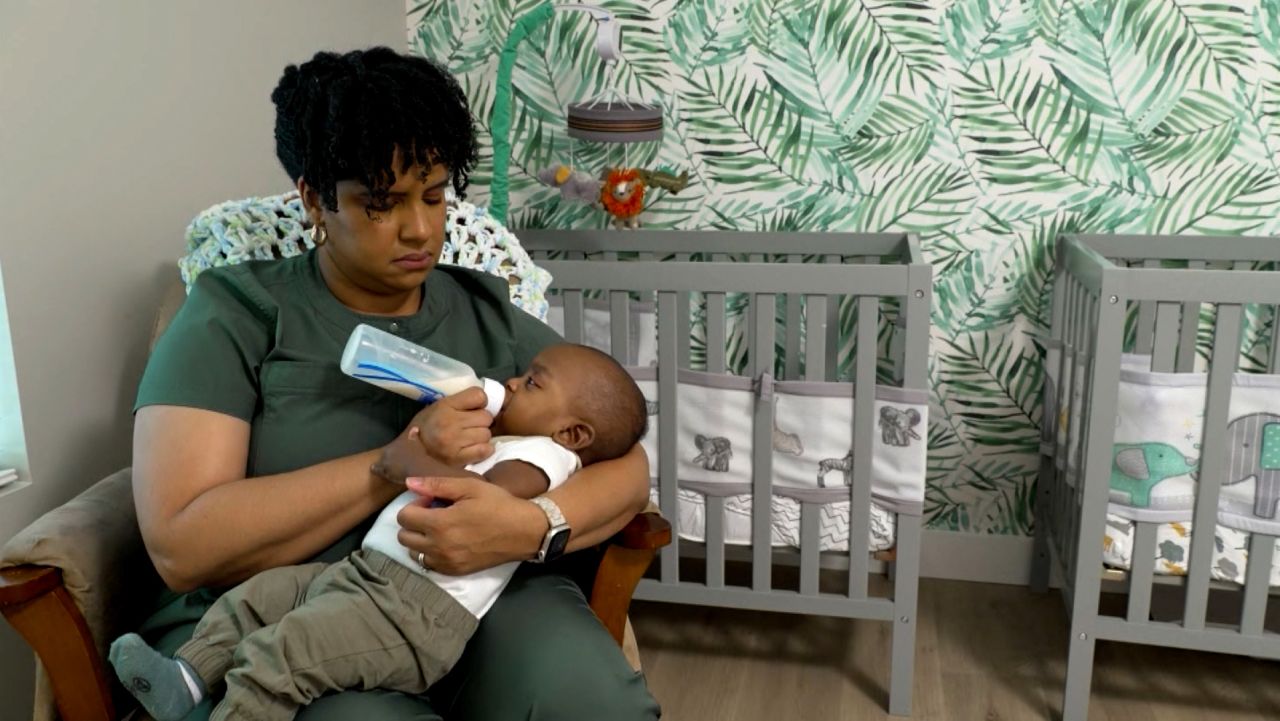The US Centers for Disease Control and Prevention is warning physicians that cases of respiratory syncytial virus, known as RSV, are rising in the Southeast — and that regional increase may portend a rise in the rest of the United States in the next two to three months.
“Historically, such regional increases have predicted the beginning of RSV season nationally, with increased RSV activity spreading north and west over the following 2–3 months,” according to the CDC Health Alert Network advisory. The notices are communications to physicians and other health care providers across the United States.
RSV is a virus that attacks the lower lungs.?In babies, who have tiny airways, RSV can cause the lungs to fill with mucus, making it difficult to breathe. It’s the leading cause of hospitalization in the United States for infants under 1 year of age.
The infection can also be serious for seniors.?RSV hospitalizes an estimated 60,000 to 160,000 adults age 60 and older annually.
RSV levels began rising in the South in late July, and have more than doubled over the past month,?according to CDC data,?though they are nowhere near last season’s peak.? Last year’s RSV season in the United States was one of the worst in memory for many physicians.
The agency said it is encouraging doctors to administer new immunizations for babies and adults over the age of 60 as soon as they become available.
Two new RSV vaccines for seniors are available now, though they may require a prescription from a doctor and might not be covered by insurance.?If they are not covered by insurance, the shots cost around $300.
A new immunization for babies and young children will also be available this fall, the notice says. They are encouraging doctors to get ready to give the shot — a new monoclonal antibody called Beyfortus — as soon as it’s available in early October.
Get CNN Health's weekly newsletter
- Sign up here to get The Results Are In with Dr. Sanjay Gupta every Tuesday from the CNN Health team.
The CDC says doctors should discuss other vaccines available for respiratory infections, too. Flu shots are already in drug stores and doctor’s offices, and updated Covid-19 vaccines are expected to be available this month.
The agency is advising doctors to consider testing high-risk patients with respiratory symptoms for Covid-19, RSV and influenza to help inform treatment decisions.
All three respiratory infections are expected to circulate with some overlap over the fall and winter, creating a triple threat of lung infections that could strain hospital capacity, as it did last year.?People at greatest risk are those with underlying medical conditions, those who are pregnant and people who are very young or very old.

